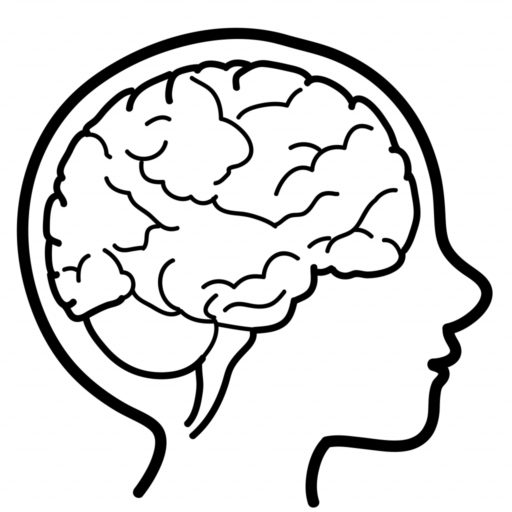Short-Term Memory
For many people, short-term memory deficiencies seem to drive them crazy; but not me, as I have faith in my coping strategies. Many elderly folk struggle to reconcile how they can remember events from their school years, but can’t recall what they had set out to do that morning. I draw an analogy to far-sightedness, where people can read words on an advertising hoarding 30 metres away but can’t read a restaurant menu right in front of them. I feel that people are generally willing to accept their short sight constraint as being a normal event, but are alarmed at short-term memory problems.
I’ve observed elderly folk draw false inference that their impaired short-term memory is somehow indicative of their cognitive ability deteriorating. People can become extremely frustrated with themselves over this, despite their long-term memory often still being fantastic. I’ve learned that short-term memory and long-term memory is processed by different areas of the brain, which typically deteriorate at differing rates in normal life, or more rapidly following a brain injury.
I refuse to be frustrated by short-term memory problems; this has been a significant contributing factor to my recovery. I either use coping strategies for my memory, or deliberately avoid dealing with matters which I know I’ll struggle with.
I was advised by a neuropsychologist that self-testing of short-term memory was counter-productive, contradicting my own instincts and behavioural patterns. Pre-injury, I’d always tended to test myself on any subject matter, to give me the confidence that whatever I was attempting to absorb had properly sank in. During my immediate post-injury recovery period, my self-testing of short-term memory nearly always ended in failure, which could lead to frustration. I decided to simply accept that my short-term memory had been massively impaired by my injury.
I recognised that my short-term memory couldn’t be trained or repaired – for my recovery outcome this acceptance was priceless. I took advice onboard to use coping strategies, three examples of which are listed below.
- For anything that I had planned to do for the day, however trivial or seemingly unforgettable, I made a note on a mobile device app (EverNote)
- When I left my home to visit anywhere, I’d take a photo of my key in the front door lock – this reduced anxiety over whether I’d locked it
- After parking my car at a supermarket (I regained my driving licence 16 months after my injury), I’d take a photo of where the car was located
I very rarely needed to consult my phone to check the front door was locked, or to find my car. Simply having the knowledge that I could do so if needed appeared to make my memory kick into gear and recall the necessary information.
I used to be a keen fiction reader, however, following my injury I needed to make notes of the characters / roles / relationships as I read each page. Reading became a chore, such that any pleasure was lost, so I simply stopped reading novels.
I need to be selective about the films I choose to watch, as anything with more than a simple plot (such as a murder mystery) becomes so difficult to follow that enjoyment is lost.
After returning to work in 2017, I couldn’t remember people’s names / job roles, no matter how many times I was told them. I also couldn’t recall new faces very well.
General Self-Testing
I still took lots of enjoyment from self-testing during recovery, just not for anything related to short-term memory.
- Jigsaws: I’d make notes of how many pieces I was putting together in a 10 minute period. I’d typically think I’d only placed about 6 or 7 pieces, whereas my scribbled note may indicate I’d actually done 30.
- Walking Strides: I used to walk a familiar hilly path to home after visiting my mother. I’d measure the number of strides I’d taken, say, 500. With each subsequent walk I would lengthen my stride to get the total down.
- Holiday Notes: I spent time recalling all of the holidays I’d been on in my life. I wrote up bulleted lists of the things I recalled from each one.
